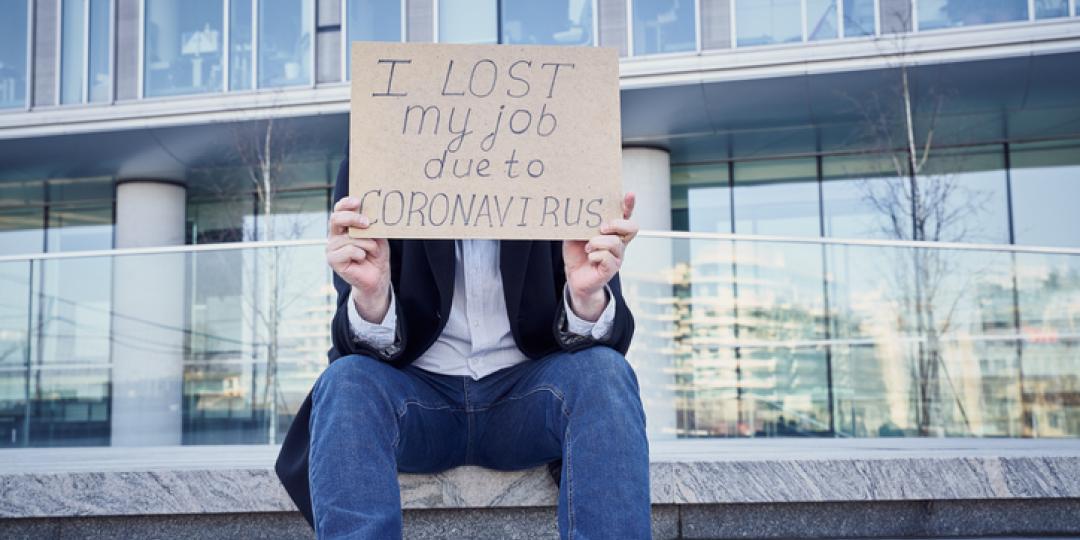Business for South Africa (B4SA) has joined the call for President Cyril Ramaphosa to reverse the “ill-advised and irrational decision” by National Coronavirus Command Council (NCCC) to halt the Unemployment Insurance Fund (UIF) Temporary Employee Relief Scheme (TERS) benefits.
“If government believes the remaining Level 1 restrictions are necessary, TERS must be retained. The NCCC decision not to extend the TERS benefit, if left to stand, will have serious negative implications for employers and employees and the economy as a whole,” said the lobby organisation in a media statement.
The Congress of South African Trade Unions (Cosatu) has also expressed its disgust at the “reckless and selfish decision” by the NCCC that the relief scheme will not be extended beyond September 15.
This comes despite Ramaphosa saying the benefit would be available until the end of the State of Disaster. “An ongoing reversal of decisions announced by Ramaphosa is a slippery slope and it will soon raise the question of who is in charge,” said Cosatu National Spokesperson, Sizwe Pamla.
“We cannot afford to have a system where a public commitment by the President can be ignored or rejected by some unelected and unaccountable group of bureaucrats.”
B4SA pointed out that there were still significant numbers of employees who were vulnerable and whose employers were unable to implement special measures to ensure their safe return to work, or who were unable to return to work on a full-time basis on account of the current government restrictions under the State of Disaster.
“At the suggestion of Nedlac and government, the social partners and the UIF have been engaged in extensive investigations regarding the affordability of extending the benefits.”
B4SA said those investigations indicated that there were sufficient liquid funds available in the UIF to maintain benefits until the end of December. “The social partners’ investigations found that the UIF has a significant amount of liquid investments amounting to R59 billion (€2.9bn). It is surprising that the UIF – which is a repository of employer and employee contributions – has had made such investment decisions,” said a B4SA Spokesperson.
Both Cosatu and B4SA believe the role of the NCCC in these issues is unclear.
“In ordinary times, these decisions should be made by the Minister and DG of Labour, based on consultations with the other social partners. Unfortunately, as has been so often the case over the last seven months of the State of Disaster, the Minister and the DG seem to be removed from the decision making,” said the B4SA spokesperson.
“The bottom line is that the funds are employee and employer contributions, and there are liquid funds available to fund the benefit until the end of 2020. Further, one would expect that a portion of the remaining reserves would exist precisely to fund the kind of crisis we currently face.”
The tourism sector has been one of the hardest hit since the outbreak of COVID-19, with the Minister of Tourism highlighting recently that up to 400 000 jobs could be lost in the sector alone.
According to South African Tourism, the tourism sector currently accounts for 2.9% of GDP (8.6% indirect), supports about 725 000 direct jobs (1.49 million direct and indirect) and accounted for 8.2% of total investment activity in 2019.
Inbound tourism generates R82.5 billion (€4.1bn) in direct foreign spend, contributing an equivalent of 9.2% of total national exports.























